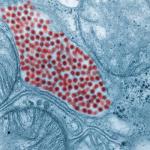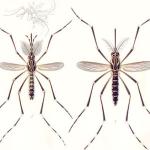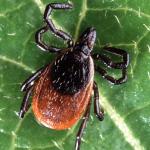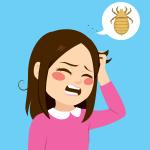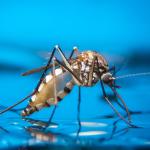The CDC has reported that at least eight malaria infections in Florida and Texas have been detec
mosquitoes
Florida, Texas Reporting Locally-Acquired Malaria Cases. (Spoiler Alert: It Isn't Bill Gates' Fault)
Mosquitoes suck, both literally and figuratively. No other animal on Earth is responsible for more human deaths than the lowly mosquito.
The reason there is no universal flu vaccine is because the influenza virus constantly changes.
Memorial Day weekend: Three days that serve to honor our military and remember those that gave their lives for our country. It is also the unofficial kick-off off summer fever.
Finally, the hats and gloves can be stowed away. The summer is almost here and it's time to get outside and enjoy the weather. But, this year, more than any other year, our time spent outside may not be as worry-free.
One final observation on our great post-war successes in controlling malaria by targeting its vector, the Anopheles mosquito.
Let’s be honest. It is the rare few of us who don’t start empathetic itching when we even read stories about skin mite infestations or head lice, for example, let alone experience them first hand.
Malaria is a notoriously tricky infectious disease. Because of a unique genetic flexibility, it is able to change surface proteins, avoiding the immune response and greatly complicating vaccine development.
Many natural remedies do not work. Despite those who swear by herbal medicines and other traditions that stretch back, in some cases, thousands of years, modern science often cannot verify the claimed benefits. But that isn't always the case.
Used a Joe Mercola insect repellent? Photo: Reddit
Chemical/ideological crunch time is here.

